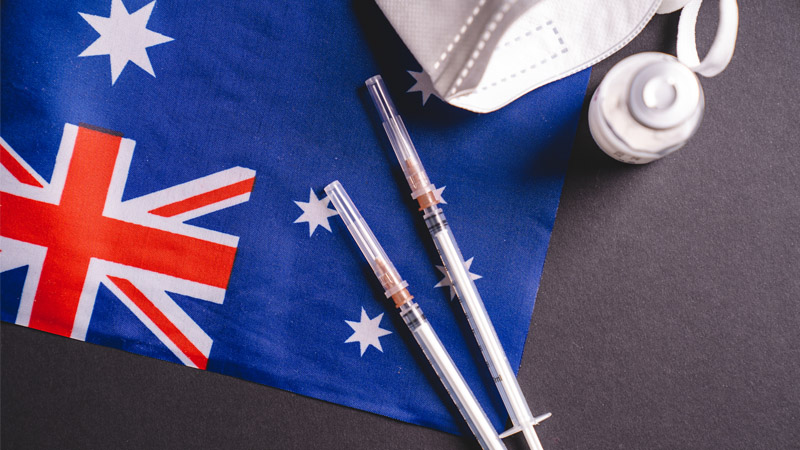Queensland’s Police Commissioner and Director-General of Health ignored other possible solutions to reduce infections, justice rules.
The vaccine mandates imposed on Queensland police and ambulance workers in 2021 were unlawful, the Supreme Court has ruled.
Justice Glenn Martin on Tuesday found the COVID vaccine mandate issued by Queensland Police Commissioner Katarina Carroll in December 2021 had violated the Human Rights Act.
Martin also lambasted Director-General of Queensland Health Dr. John Wakefield for imposing a similarly unlawful vaccine mandate.
“Neither the Commissioner nor Dr Wakefield gave close attention to the possible range of solutions. Each was presented with a proposal for mandatory vaccination with little in the way of well-developed critiques of alternative means of reducing illness and infection,” Martin stated in the decision.
The Commissioner and the Director-General’s justifications for the workplace vaccination mandates were also “taken out of context” and “not supported by the evidence,” Martin stated.
The landmark decision by the court could lead to more lawsuits and similar rulings in the future.
From the Brownstone Institute:
The decision, which resolved three lawsuits brought by law firms Alexander Law and Sibley Lawyers, is the “tip of the iceberg,” said Bond University associate law professor Wendy Bonyton.
Prof Bonyton told The Australian, “There are other cases, based on similar grounds, similarly challenging the legitimacy of directions given during the pandemic. This one is interesting because it is the first one to go through… There will be more of these cases to come.”
Australian businessman and founder of the United Australia Party, Clive Palmer, who reportedly contributed between $2.5 to $3 million towards funding the lawsuits involving 74 police officers, civilian staff and paramedics, said he is considering further legal action following yesterday’s win.
“We could look at the class action for the ambulance workers and the police workers who have been subjected to harassment by their colleagues at the police department on the direction of the government to try to drop this case,” he told the press outside the Brisbane Supreme Court after the decision was handed down.
“This decision will force future employers and Government officials to properly consider human rights when implementing vaccine directions in future, at least in Queensland where there is a Human Rights Act which obligates them to do so,” said human rights lawyer Peter Fam.
But Fam cautioned that the ruling leaves out an “ominous” caveat that the mandate would likely have been declared lawful if the Commissioner had properly considered human rights advice.
“They won because the Commissioner did not appropriately consider the human rights advice she received. However, the Court also found that although each of the directions limited the workers’ rights to full, free and informed consent, (under Section 17 of the Human Rights Act), the limit was reasonable in all the circumstances,” Fam said.
“So, if the Commissioner could have proved that she had considered the advice she received regarding human rights, her workplace vaccination directives would likely have been considered lawful,” he added.
In other words, the vaccine mandates themselves did not violate human rights, but the directives to implement them were issued unlawfully.
Despite vaccine mandates dropping in 2023, Queensland Health has continued to discipline and even fire healthcare workers as recently as January 2024 for failing to comply with vaccine directives.


